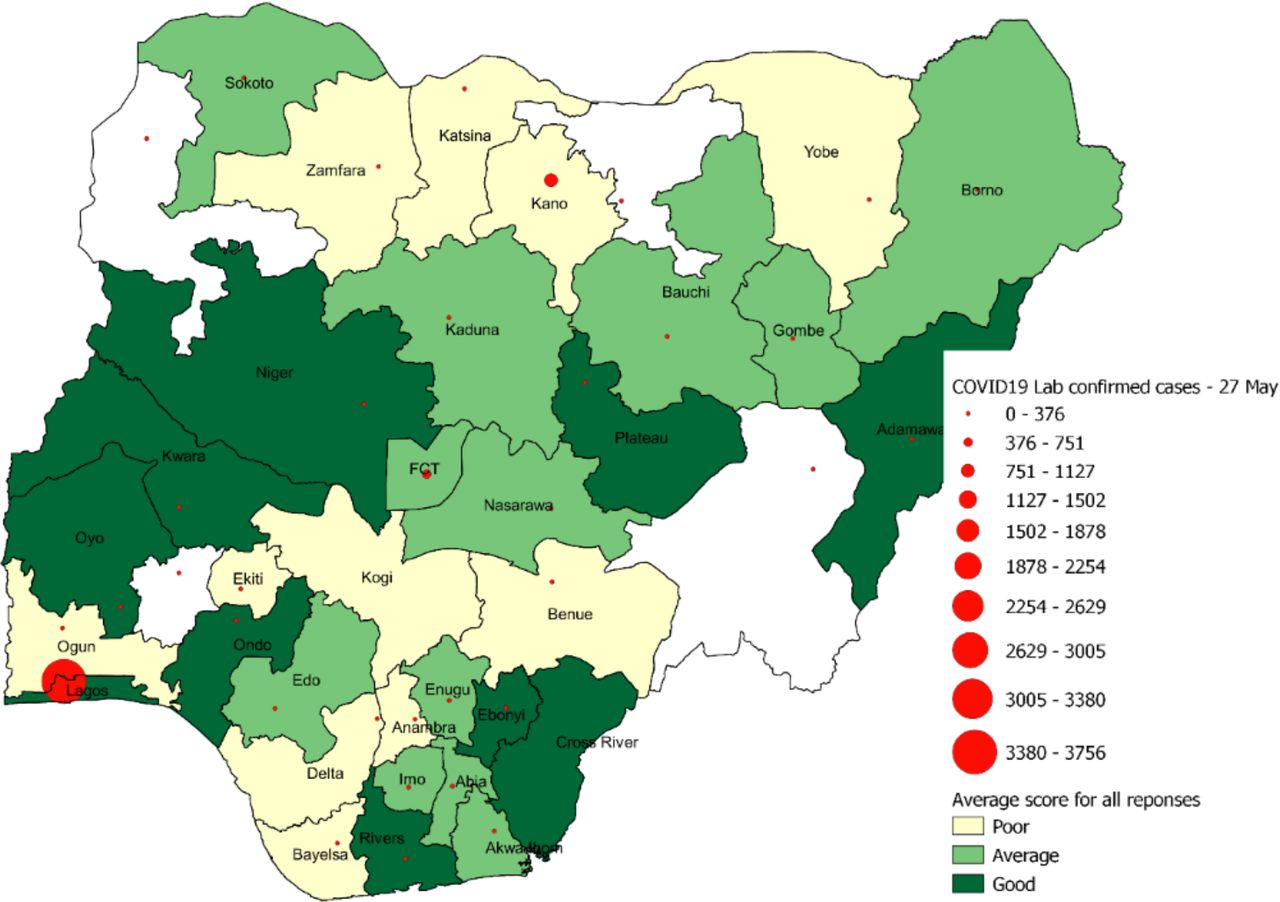Nigeria Destroys One Million Expired Covid Vaccines
Nigeria on this week destroyed over one million expired doses of AstraZeneca COVID-19 vaccines.
The expired doses were destroyed at a landfill in Nigeria’s capital, Abuja, a week after the nation said it would no longer accept donated COVID-19 vaccines with short shelf lives.
According to the head of Nigerian National Primary Health Care Development Agency, Faisal Shuaib accepted the donations with the intension of protecting its citizenry but later released that some doses had “nearly reached
its expiry date. So actually for example some of these vaccines came in with shelf lives of about 4 weeks.”
On Tuesday (December 21), the country recorded 2,123 new COVID-19 infections, the highest daily tally since January this year and the second highest since the pandemic.
National Food and Drug Administration Director Professor Mojisola Adeyeye said they “are one of the few agencies in Africa that tests our vaccine before use” and that they had already informed donors about this.
Vaccination rapidly improving in the most populous country in Africa, which intends to fully vaccinate 55 million of its 206 million citizens before February 2022. Currently, only 2% of the population are fully vaccinated.
Meanwhile, New rules that require people to confirm their Covid status before attending large gatherings in Nigeria’s biggest city are being largely ignored, reflecting a general indifference towards the pandemic, despite a recent surge in cases.
While the UK added, and then removed, Nigeria to and from a travel red list over concerns about the spread of the Omicron variant of coronavirus, life in the country carried on pretty much as normal.
Even some officials don’t seem to be taking their own advice too seriously. Just 48 hours after announcing new Covid restrictions in Lagos, state governor Babajide Sanwo-Olu was at a state-sponsored cooking show with the winner of reality TV show Big Brother Naija.
Attendees and other government officials are now required to show they’re fully vaccinated (currently two doses) or proof of a negative test taken in the past 48 hours to attend such gatherings but this did not happen.
There has been a more than 500% increase in Covid cases across Nigeria since last week, pushing authorities in Lagos to introduce new restrictions.
The measures are largely targeted at young revellers preparing for two weeks of wild parties across Lagos in what is known as “Detty December”. It is a period when Nigeria’s Afrobeats stars try to outdo each other with lavishly staged shows that attract thousands, while many neighbourhoods hold 24-hour street parties.
But the new guidelines are hardly being enforced, especially in the neighbourhood parties that attract hundreds, and authorities are concerned.
“Experience has shown that these events have the tendency to be super spreading events,” the state commissioner of information Gbenga Omotosho said in a statement.
Mr Omotosho defended the governor’s appearance at the food show, saying that the crowd grouped in clusters but admitted that he and others did not show proof of vaccination to attend.
Around eight million people have received a first dose of the Covid vaccine in Nigeria, and only half of that number have received two doses.
But this falls far short for a country of 200 million people where the vaccine rollout has been hampered by people’s indifference, the unavailability of vaccines in some parts of the country and inadequate supply.
With the rising number of cases in Lagos, a city of more than 20 million people, it is hoped that the introduction of the Covid passports will force more people to get the jabs – especially Nigeria’s young – many of whom have not been vaccinated.
Currently, Nigeria has officially recorded about 3,000 deaths linked to coronavirus and while it is still hard to be sure how many people have had the virus because of a low rate of testing, the fact is that the country has been spared the catastrophic number of deaths witnessed elsewhere.
Hospitals have not been overrun and some of the isolation wards built in haste because of Covid have mostly remained empty.
Strict lockdown measures imposed last year and experience in dealing with other diseases like polio and Ebola have helped Nigeria in the fight against Covid.
Covid passports are new in Nigeria and Lagos will be hoping that its guidelines are as successful as a similar rule in the capital, Abuja, which made it compulsory for civil servants to be vaccinated under the “No vaccine, no entry” policy.
The number of those vaccinated in the capital since early December has tripled, said one official.
Nigeria has also started giving out booster shots as more cases linked to the Omicron variant are confirmed.
By Eric Knight

